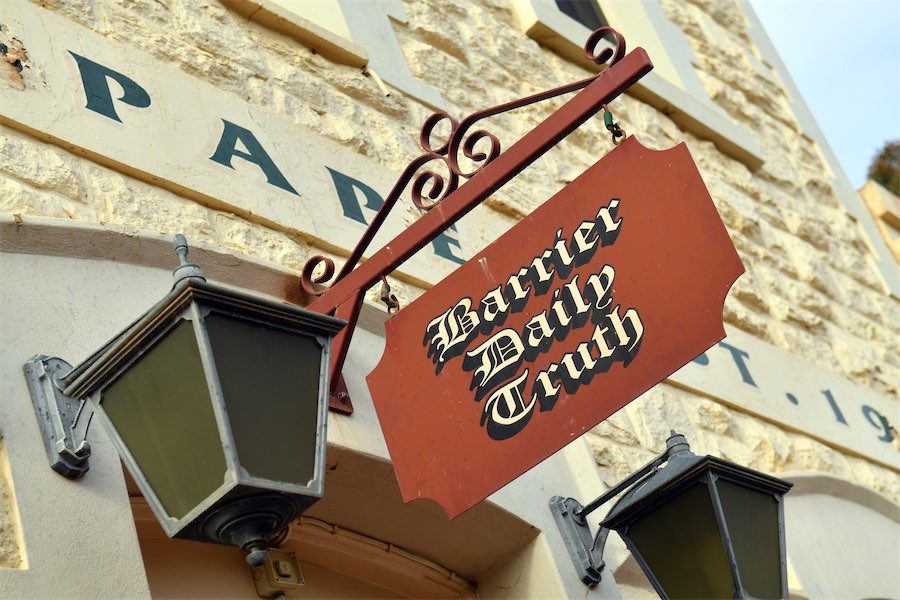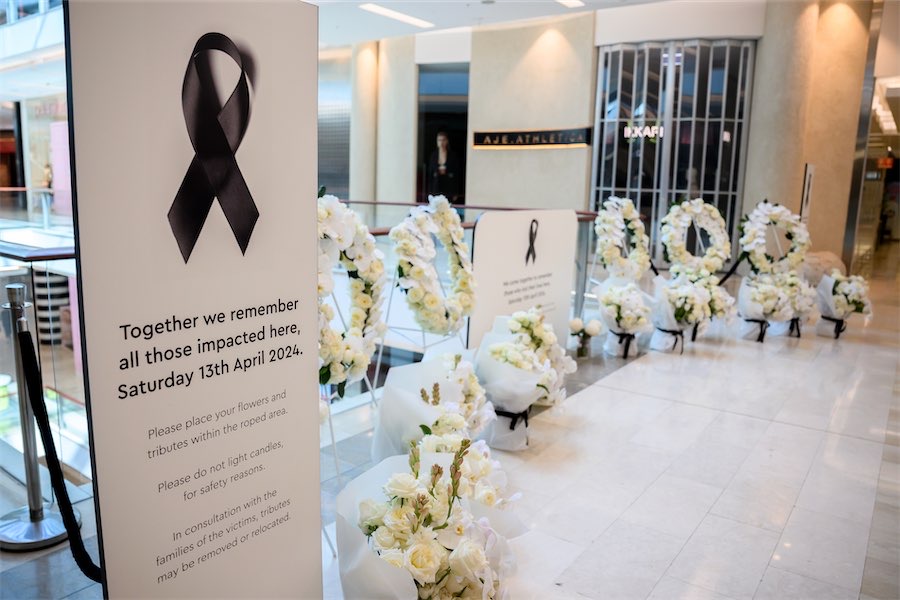Michelle Grattan, University of Canberra
OF all the states, Western Australia is the one that traditionally has had the most individual and, let’s face it, bolshie, identity. When it has a grievance, the west can raise hell for a federal government of either hue.
Now it has a very big gripe and all the indications are that the Abbott government is going to respond with a special deal for it in the coming GST carve up. This response is driven by politics as much as or more than by fiscal considerations.
The independent Grants Commission has recommended that WA’s reimbursement of GST revenue be reduced from about 37 cents in every dollar collected in that state to around 30 cents.
The commission bases its recommendations about the distribution of the GST (all of which goes to the states and territories) on the objective that each state has “the same fiscal capacity, under average policies, to provide general government infrastructure and services”.
This means cross subsidies between states, with winners and losers changing over the years according to their circumstances. WA has benefited from the system in the past, but the mining boom has meant it now subsidises others.
When Treasurer Joe Hockey and his state and territory counterparts discussed the GST distribution on Thursday, WA got short shrift from other states (three of them Labor). It was pointed out, for example, that WA hadn’t been so robust in making economic reforms; it was also noted that it has opposed lowering the threshold for the GST on imported goods, which would bring in more revenue.
But Hockey is sympathetic to WA (although he agrees the state should do more in the way of reform).
He said after the meeting that WA has been hit with a “perfect storm” – a rapid fall in its GST appropriation as well as a rapid reduction in iron ore prices that is hurting its revenue. At the same time it is locked into building infrastructure needed for its population increase – and also for jobs post mining boom.
“I am concerned for the federation,” Hockey said.
“The fundamental question is … does it really help the federation for the first time to have a state receiving 30 cents in the dollar from the GST that is contributed by its citizens? … At what point do you say, well, this is just a little bit unfair, particularly given what they are going through with their own royalty drop off in iron ore?” (The Grants Commission calculates the mining revenue on a three year rolling basis.)
The final decision is, formally, Hockey’s, although in practice it would go to a wider government group including, especially, Abbott.
Abbott himself was anxious to put all the weight on the states, claiming on Thursday that the GST was “a state tax” (well, not really – it is a federal tax that is distributed to the states) and so the states needed to sort out the issue “like responsible adult governments”, a vain hope given that a competition for money is involved.
Hockey will consult the states further, and federal and state leaders will toss around the matter when they meet next week, before the Treasurer announces the determination ahead of the state and federal budget season beginning in May.
It’s a no win situation for the federal government. Hockey doesn’t want to give a special subsidy from the federal budget to help WA. In the absence of some fiddle, if WA gets more of the GST, some other state or states would have to get less, causing bad feeling towards the federal government. And how and by whom would the detail of a new distribution be determined?
Despite the problems, Abbott and Hockey are probably more frightened of the wrath of the west than the annoyance of other states. The fear is at more than one level.
An analysis of Newspoll for the first quarter of this year, published this week, showed support for the Abbott government in WA had fallen 6 points this year to 38%. This was the lowest primary vote for the federal Coalition in WA since March 2001. Abbott’s net approval rating was down by 35 points since Christmas. Labor led in two-party terms 54-46%. At the state level, a Newspoll found the Barnett Liberal government also in trouble.
The polling will alarm federal MPs from the west, and they can be a troublesome lot.
It was two WA backbenchers, Luke Simpkins and Don Randall, who moved the unsuccessful spill motion against Abbott earlier this year.
Last year Christian Porter, a former WA treasurer who was then a federal backbencher, told the party room that he and others from WA planned to make a submission on the GST issue to the tax white paper – a course that Abbott said wouldn’t be a good idea. Porter is now a parliamentary secretary to Abbott and so in a very good position to lobby for his state.
Then there is Liberal deputy leader Julie Bishop, a potential leadership alternative, who is from WA. She believes the distribution should be “fairer” for the west.
WA mightn’t have the numbers around the federal-state table but it can muster a lot of clout to twist the right arms. The question seems to be not whether it will get something, but how much it can extract.
![]()
This article was originally published on The Conversation.
Read the original article.
Who can be trusted?
In a world of spin and confusion, there’s never been a more important time to support independent journalism in Canberra.
If you trust our work online and want to enforce the power of independent voices, I invite you to make a small contribution.
Every dollar of support is invested back into our journalism to help keep citynews.com.au strong and free.
Thank you,
Ian Meikle, editor




Leave a Reply